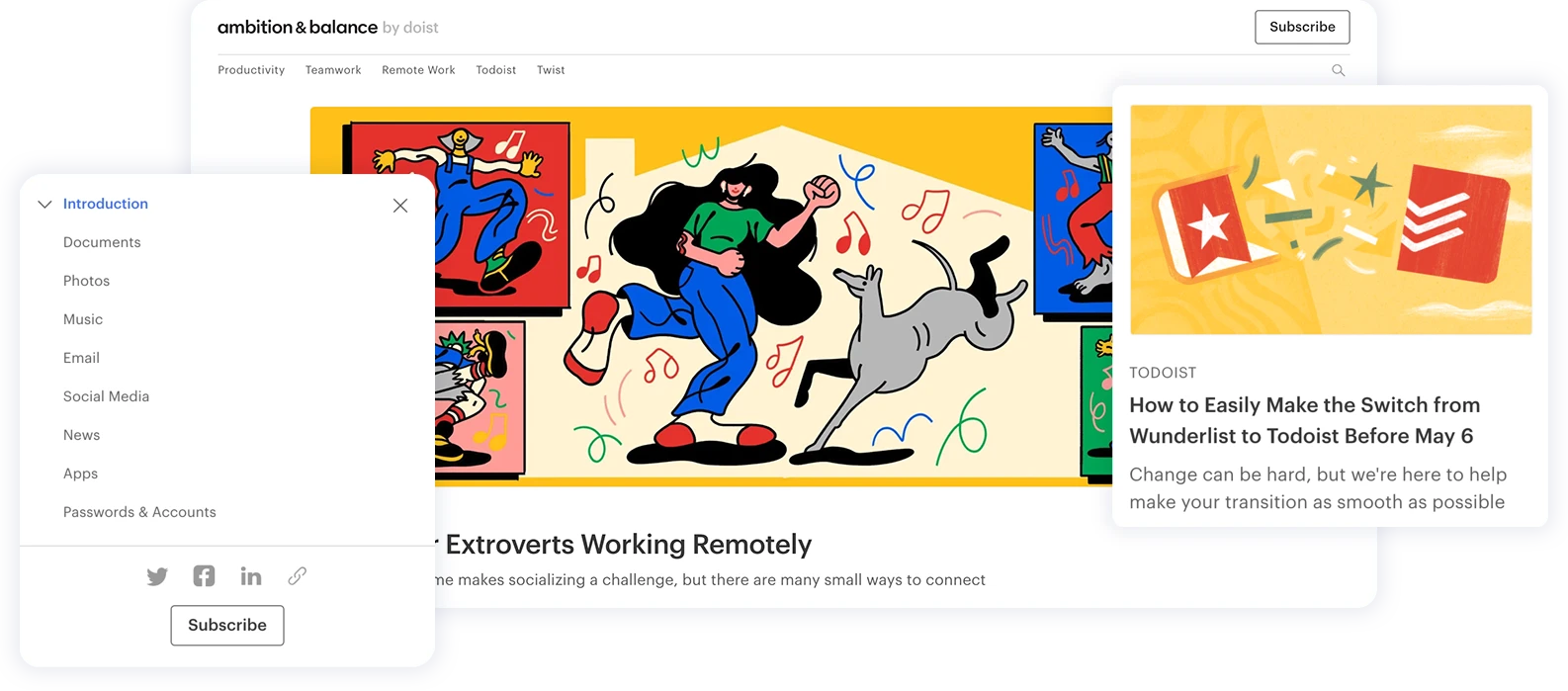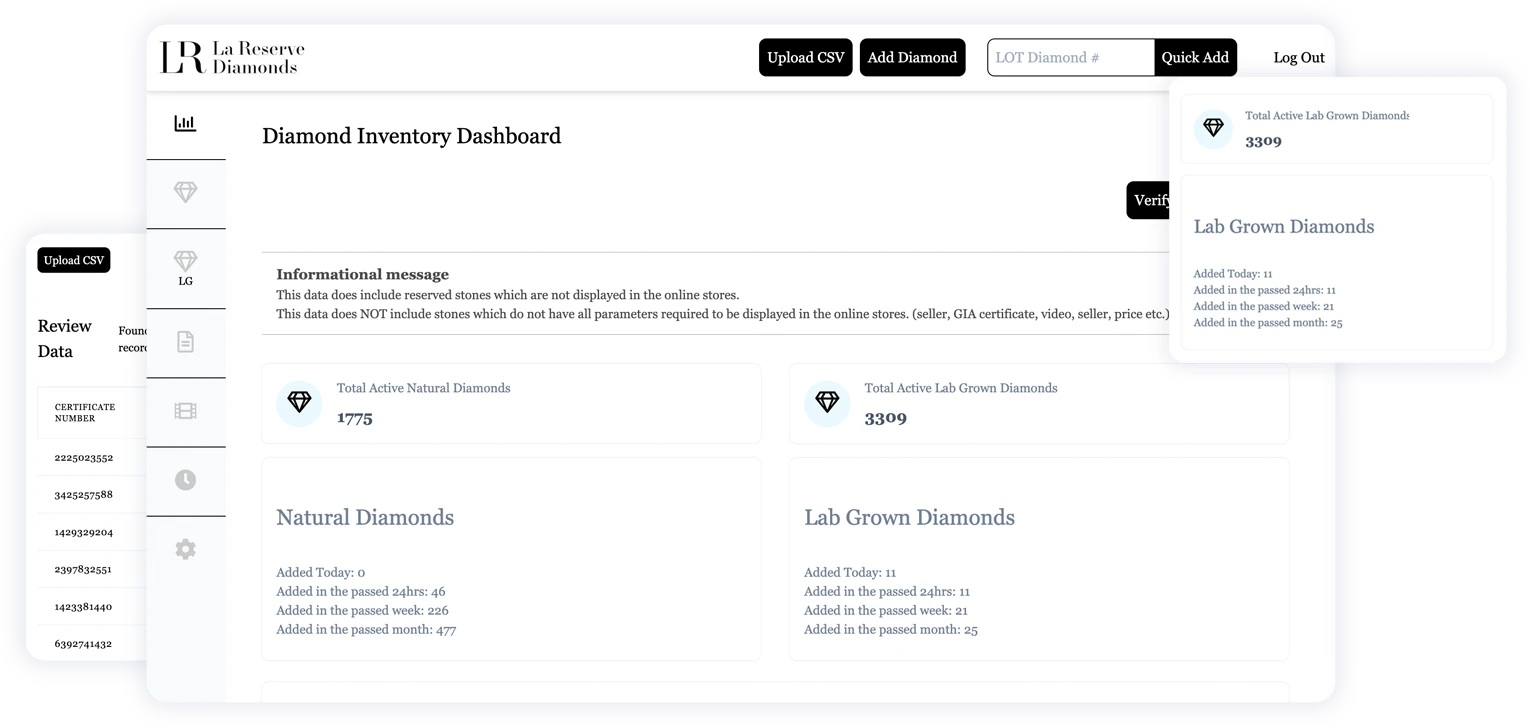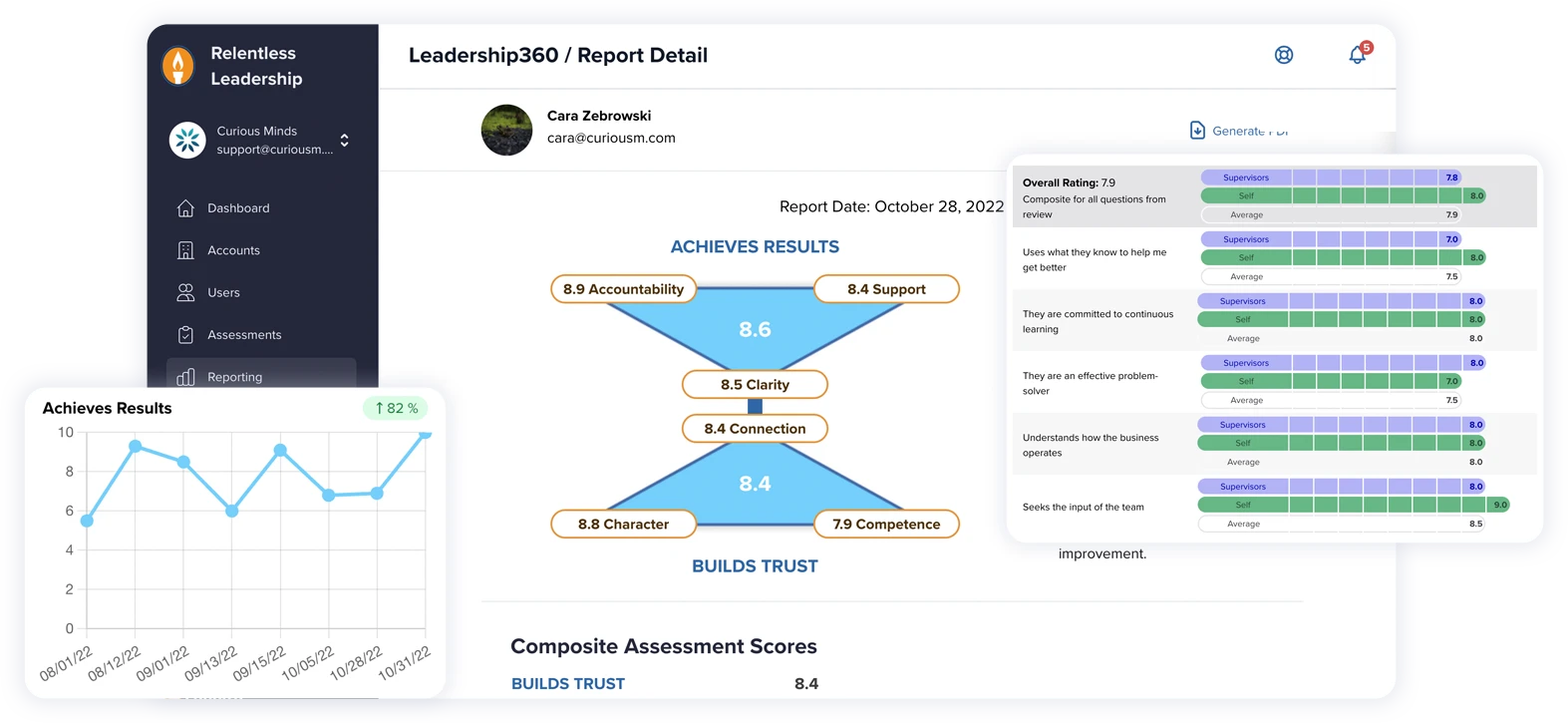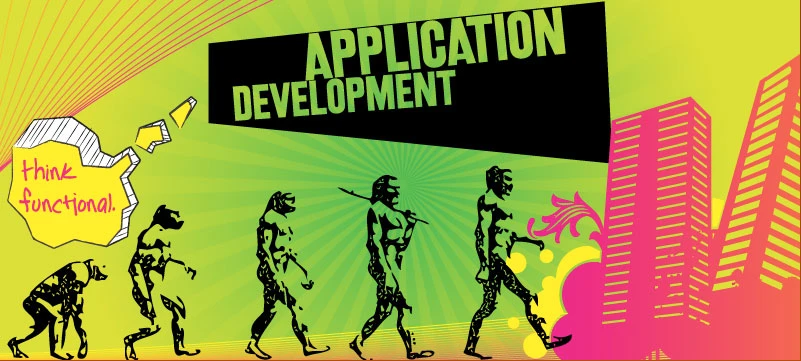Alright, AI. It's everywhere, right? You hear about it constantly, and websites are right in the middle of it all. But peel back the hype, and what does it actually do for a website? Is it making things genuinely better, or is it just complicated tech talk?
Truth is, AI is changing things quite a bit, actually. It's not some futuristic fantasy – tools using different kinds of AI, like Machine Learning (for finding patterns) and Natural Language Processing (for understanding language), are here now. They're shifting how websites get built and what it feels like to use them. Let's unpack what that really means for the people building sites, the folks visiting them, and the businesses behind them.
Making Life Easier for Web Developers? Yep.
First up, let's talk about the people whose job it is to actually create websites. How does AI help them? Think of it less like a robot taking over and more like a seriously helpful assistant, working alongside developers to enhance their capabilities.
Cutting Down the Drudge Work
A lot of coding can be repetitive. AI tools are getting good at handling those boring bits – maybe writing standard code snippets like data validation functions or basic API connection boilerplate, or suggesting fixes for common mistakes. This lets developers ditch some of the tedious stuff and spend more brainpower on the creative, problem-solving parts that make a website unique. It often means getting things done faster, too.
Spotting Trouble Early
Nobody wants a website full of glitches. AI can act like an extra pair of eyes, scanning code to find potential bugs or awkward spots that might cause problems later. Catching these things early means getting feedback much faster in the development cycle and ending up with a smoother, more reliable website in the end.
Handling the Testing Grind
Making sure a website works perfectly on every phone, tablet, and browser is a massive task. AI can automate huge chunks of this testing, tirelessly running checks over and over to catch issues. This helps ensure the site works smoothly for everyone, no matter how they access it.
Bottom line for developers? AI tools can handle some of the grind, improve the quality of the code, and speed things up, letting them focus on building better, more interesting websites.
What About Us? Making Websites Feel More Personal
Okay, so it helps the builders. But what does AI mean for us when we're just trying to find info, shop, or browse online? This is where it gets interesting for the user experience, and it heavily relies on good data.
You know that feeling when a website just seems to click with you? Maybe it shows you exactly the kind of stuff you like, or remembers your preferences? That’s often AI working behind the scenes. It tries to learn (usually anonymously!) from how people use the site – what they click on, what they search for, what they buy, even analyzing things like how long they spend on a page or how far they scroll – to make the experience feel less like a generic template and more tailored to you. Of course, this learning is only as good as the data it receives – clean, relevant data is key.
Imagine an online store suggesting clothes you might actually wear, or a streaming service recommending movies you end up loving. Or perhaps a news website learning to show you more articles on topics you consistently engage with. That’s AI trying to be helpful and relevant. It sifts through the possibilities to bring forward things you’re more likely to care about. This doesn’t just feel nicer; it often makes us want to stick around and engage more.
And chatbots are part of this, too. Those little chat windows (often using Natural Language Processing) powered by AI are getting much smarter at understanding questions and providing genuinely helpful answers or directions, any time of day or night. It beats waiting on hold! Of course, building sophisticated chatbots or personalization engines that truly understand users and align with brand goals often benefits from specialized expertise in AI strategy and custom development, like the services we offer here at Curious Minds Media.
Cool New Things Websites Can Do Now
AI isn't just about making existing things better; it's also enabling websites to do some brand-new tricks.
Search That Actually Understands
Forget just matching keywords. AI (using NLP) helps search bars understand the meaning behind your words. Ask for "warm socks that aren't itchy," and it might actually factor in materials known for softness and warmth, giving you much better results, faster. It can handle more complex, conversational queries that traditional search often chokes on.
Content That Finds You
Some websites are starting to use AI to anticipate what you might need next. Based on what you've been doing, the site might proactively show you a relevant guide, a useful tool, or a timely tip before you even think to look for it. It’s like the website is trying to be one step ahead, in a helpful way.
Learning Behind the Scenes
A lot of AI’s power is invisible. Using Machine Learning, it’s constantly analyzing how people interact with the site, finding patterns, and learning what works best. This ongoing learning not only fuels smarter recommendations but can even help identify where users might be getting stuck or confused on the site, highlighting areas for improvement.
Boosting Accessibility
AI tools can also play a role in making websites more accessible for everyone. For instance, AI can help scan a site to identify images missing descriptive alt text or check for sufficient color contrast, flagging potential issues for developers to fix. While human oversight is crucial, AI can be a powerful assistant in building more inclusive web experiences.
Okay, But Does This AI Stuff Help Businesses Win?
All these improvements sound nice, but what's the payoff for the business running the website? Does using AI give them a real advantage?
Think about it like this: if everyone's running a race, showing up with high-tech running shoes and a smart training plan (your AI-powered website) gives you a serious edge over those still in basic sneakers.
Websites using AI well tend to keep visitors happier and more engaged because the experience feels relevant and smooth. Happier visitors are more likely to stick around, come back, and become customers. Those smart chatbots can handle customer queries instantly, improving satisfaction and potentially lowering support costs.
Plus, all that data AI analyzes gives businesses valuable clues about what their customers really want, what marketing messages are hitting home, or where the website could be improved – assuming the data being fed in is accurate and representative. This helps them make smarter decisions, faster, instead of just guessing. AI can even help suggest A/B tests for optimizing layouts or calls-to-action based on predicted user behavior. Success here is often measured by tangible improvements like higher conversion rates, better customer satisfaction scores (CSAT), or reduced time-to-resolution for support issues.
So yes, using AI effectively isn't just tech for tech's sake. It helps businesses operate more efficiently, create standout (and more inclusive) customer experiences, and stay agile in a fast-changing online world. It’s becoming a key way to get ahead – and stay ahead.
Hold On Though – What Are the Catches? (Practical Considerations)
While AI sounds amazing, jumping in isn't always simple. There are real-world things to think about:
Cost & Complexity
Implementing sophisticated AI isn't always cheap. There are costs for tools, platforms, and potentially specialized talent needed to build and manage these systems. Integrating AI smoothly with your existing website tech can also be complex. Navigating this complexity is often where working with an experienced development partner makes a difference, as they can help plan and execute integrations efficiently.
Skills Needed
Getting the most out of AI often requires new skills within your team – maybe data scientists to handle the information, or folks skilled in prompt engineering to guide the AI effectively. Developing these internal skills takes time, which is why many businesses leverage external expertise for tasks like prompt engineering or implementing specific AI solutions. It's often about enabling your human team with better tools.
Data Needs
AI is hungry for data. You need enough good quality, relevant data to train models or provide context (like for Retrieval-Augmented Generation or RAG systems). Collecting, cleaning, and managing this data responsibly is a big task itself.
Maintenance
AI systems aren't "set it and forget it." They need monitoring, updating, and retraining over time as data changes, user behavior evolves, or the AI models themselves are updated.
And Let's Not Forget Responsibility (Ethical Considerations)
Using AI also comes with important responsibilities:
Data Privacy
Personalization is great, but how are you collecting, storing, and using user data? Being transparent and respecting privacy regulations (like GDPR or CCPA) is crucial. Users need to trust you with their information.
Bias
AI learns from data, and if that data reflects real-world biases, the AI can inherit and even amplify them. This could lead to unfair or skewed recommendations or interactions. Building checks and balances, often involving human review, to mitigate bias is vital.
Transparency
Should you tell users when they're interacting with an AI (like a chatbot)? Often, being upfront builds trust. How clear are you about how AI influences what users see?
Accountability
What happens if an AI provides wrong information or makes a mistake? Having processes for monitoring AI outputs and correcting errors is important.
Thinking through these practical and ethical points before and during implementation helps ensure you're using AI effectively and responsibly.
So, What's the Takeaway on AI and Websites?
Basically, AI isn't just knocking on the door of web development anymore – it's moved in and is rearranging the furniture. It offers real, practical advantages right now: making developers more efficient, creating genuinely personalized and engaging experiences for visitors, and giving businesses sharper insights from their data. It's a powerful tool best used to augment human capabilities.
But unlocking this potential isn't just about flipping an AI switch. It requires thoughtful integration – understanding which tools fit your goals, ensuring you have the right data and skills, considering the ethical implications, and knowing how to guide AI effectively (often involving skills like prompt engineering). It's about using AI strategically, not just chasing the latest trend.
Partnering with a team like Curious Minds Media, who blends deep custom web development experience with strategic AI implementation, can help ensure your AI initiatives are effective, responsible, and tailored to drive real business results. The web is getting smarter, faster, and user expectations are rising. Embracing AI strategically isn't just about keeping up; it's about building better, more effective, more responsible online experiences and staying ahead of the curve in an increasingly intelligent digital world. It's definitely time to explore how AI can make your website work harder and smarter for everyone involved.


















